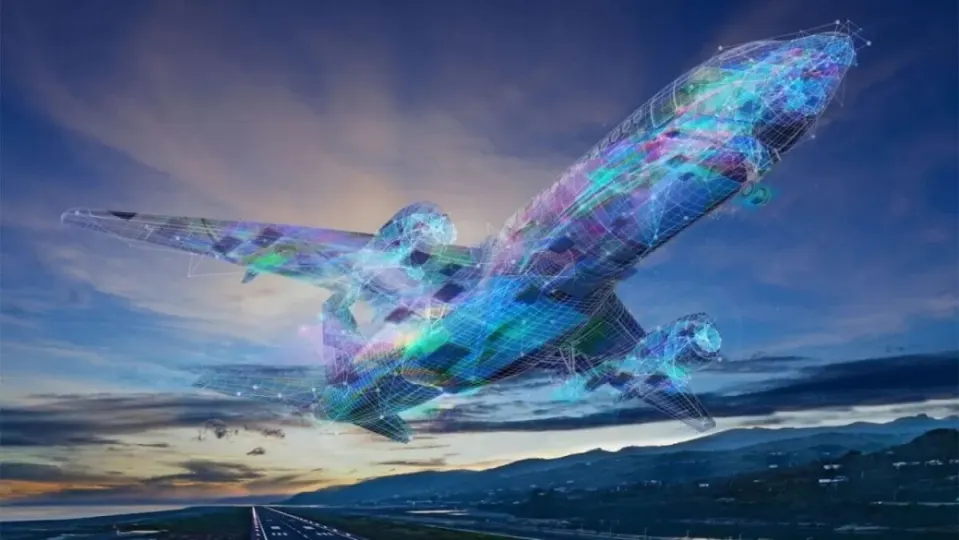Ensuring a flight takes off depends on many people. A group of professionals make it possible for your flight to Tokyo to depart from the nearest airport without delays and complying with all security measures. And there are companies that believe artificial intelligence could help make the process faster and more comfortable for everyone.
United Airlines, one of the main airlines in the United States, is studying the best way to take advantage of artificial intelligence in its business, while also complying with the strict regulations of the Federal Aviation Administration (FAA).
One of the stories I often hear about AI/ML in large companies is that ChatGPT didn’t necessarily change the way technologists think, but suddenly became a topic of debate in the boardroom. This is also true in the case of United Airlines.
How artificial intelligence can transform a demanding and cautious industry
According to United Airlines CIO, Jason Birnbaum, the company is very optimistic about artificial intelligence. This says: “I think the travel industry has so many different examples of how artificial intelligence can be used for both the customer and the employees.” One of them is United’s “Every flight has a story.”
A few years ago, United Airlines started using agents to write brief notices explaining the delay and sending them through their app and as text messages. Now, thanks to the data from their chat app and other sources, the vast majority of these messages are written by AI.
Similarly, United is exploring the possibility of using generative artificial intelligence to summarize flight information for its operations teams, so they can have a quick overview of what is happening.
Just a few weeks ago, United fully transferred its chat system on United.com to an artificial intelligence agent. The system seems quite limited to me, but it’s just the beginning, says Birnbaum.
By the end of this year, United also plans to launch a tool currently called “Get Me Close”. Often, when there is a delay, customers are willing to change their plans to go to a nearby airport.
“Although our mobile tools are excellent, when people talk to humans, interactions often involve more options. That is, someone says, ‘Well, your flight has been delayed,’ and then someone says, ‘Could you take me to Philadelphia instead of New York? Could you get me closer?’ We believe that this interaction is a great use case for artificial intelligence.”
Can AI replace pilots?
After creating the system that automatically writes “stories” of delays in the application, the Birnbaum team is now thinking about where they can use the same generative AI technology. One area: those brief briefings that pilots usually give before takeoff.
It turns out that one of the main reasons for customer satisfaction with airlines is the interaction with pilots. A few years ago, United started focusing on their Net Promoter Score and asked pilots to announce delays from the front of the cabin, for example.
It makes sense for the airline to study how it can improve this crucial interaction, although it is also expected to allow pilots to deviate from the script.
Another field where generative AI can help pilots is in summarizing complex technical documents. But, as Birnbaum pointed out, everything related to the pilot flying the plane is highly structured and regulated, so it will take some time before the airline launches something in this regard.

